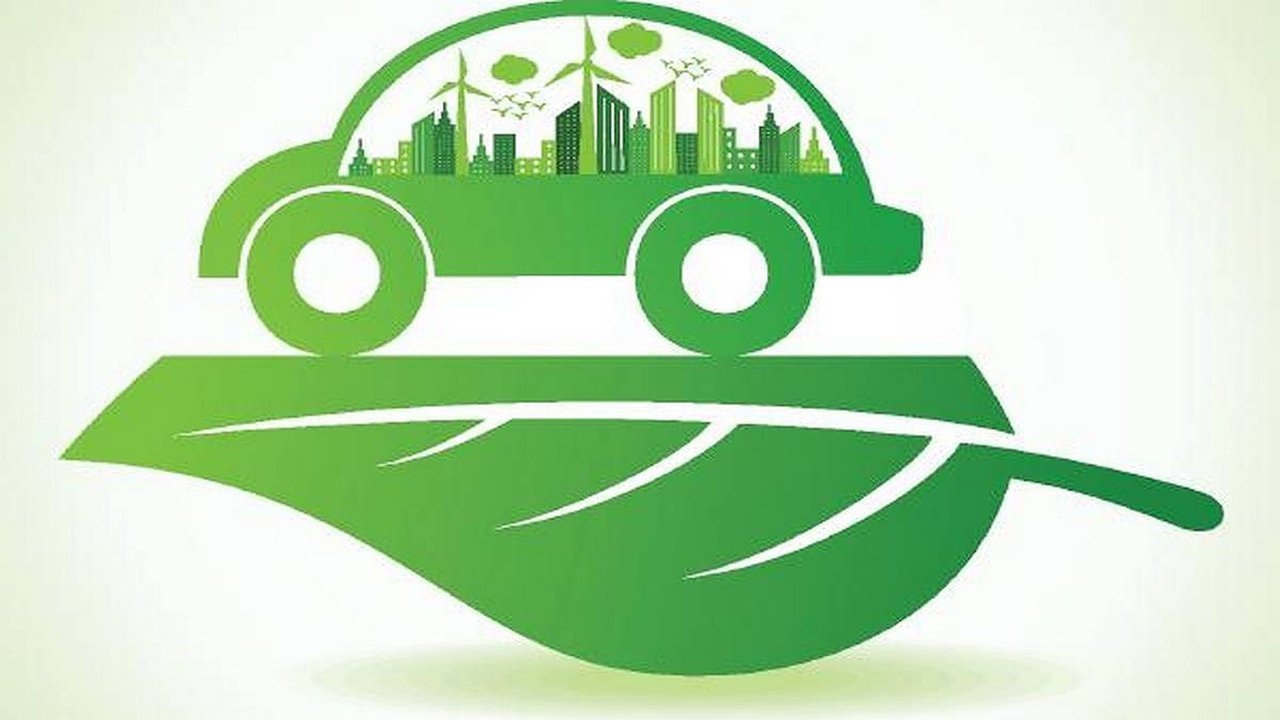
NITI Aayog and World Resources Institute (WRI), India has announced that it has mutually launched the 'Forum for Decarbonizing Transport' in India as part of the NDC-Transport Initiative for Asia (NDC-TIA) project on 23rd August.
The launch was held virtually and inaugurated by NITI Aayog CEO Amitabh Kant. Dignitaries from various ministries and NDC-TIA project partners, along with stakeholders from the mobility and the energy sector, were present during the launch. The project aims at bringing down the peak level of GHG emissions (transport sector) in Asia (in line with a well below 2-degree pathway), resulting in problems like congestion and air pollution.
India has a massive and diverse transport sector, which is also the third most CO2 emitting sector. Data from (IEA, 2020; Ministry of Environment Forest and Climate Change, 2018) suggests that within the transport sector, road transport contributes to more than 90 percent of the total CO2 emissions. Through various policy measures and initiatives, the Government of India is continuously working towards the decarbonization of road transport, with a major focus on the adoption of electric vehicles (EVs) in the country. NITI Aayog has been at the helm of the promotion of EVs and sustainable mobility through the National Mission on Transformative Mobility and Battery Storage.
However, to leverage and streamline EVs across the country, there is a need is to create a favorable ecosystem for different stakeholders. These stakeholders include Central/State Governments, state-designated agencies, financial institutions, businesses, OEMs, research and technical institutes, private bodies, and think tanks. A coordinated effort between these stakeholders will help enable investment, encourage adoption, and ensure fair operation in the industry.
The NDC-TIA India component focuses on developing a coherent strategy of effective policies and the formation of a multi-stakeholder platform for decarbonizing transport in the country. Through this forum, the WRI India team, along with NITI Aayog and other project partners, will work in close coordination with all these stakeholders to formulate strategies and develop appropriate business models to accelerate electric mobility in India. The forum will also provide a platform to initiate dialogues for the development of uniform policies and help achieve specific results in reducing emissions from the transport sector.
In his keynote address Amitabh Kant, CEO, NITI Aayog said, "The Stakeholder Forum on Transport Decarbonisation is a defining milestone for the electric mobility ecosystem in the country. It will bring together CEOs, researchers, academics, multilateral agencies, financial institutions as well as the Central and state government on a common platform. This will help in the development of innovative business models resulting in targeted results and the holistic growth of the electric mobility space in India. Through effective collaboration, cooperation, and convergence, we must work together to usher clean mobility in India."
Dr. OP Agarwal, CEO, WRI India, said, "India has a great opportunity to decarbonize its urban transport sector. Promotion of walking, cycling, and public transport coupled with the electrification of motor vehicles should be the right strategy for the country."
Explaining the need of the stakeholder forum in decarbonizing Transport, Amit Bhatt, Executive Director (Integrated Transport), WRI India said, "Reducing carbon emissions from the transport sector will require actions on multiple fronts. The Forum for Decarbonization of Transport will act as the channel for bringing diverse voices and needs to adopt an integrated approach for greening the transport sector in India."
The NDC Transport Initiative for Asia (TIA 2020-2023) is a collaborative programme of seven organizations that will engage China, India, and Vietnam in advocating a comprehensive approach to decarbonizing transport in their respective countries. The project is part of the International Climate Initiative (IKI). The Federal Ministry for the Environment, Nature Conservation, and Nuclear Safety (BMU) support the initiative based on a decision adopted by the German Bundestag.
NITI Aayog is the implementing partner for the India component of the project.
